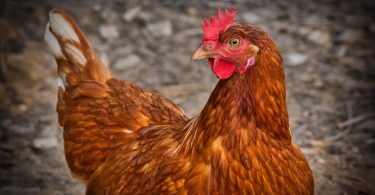Officials have announced that bacteria found to be resistant to the antibiotic Colistin have been found in the UK.
Colistin is the final antibiotic available to doctors to treat bacterial infections immune to all other drug treatments. The announcement is thought to increase the chances of the arrival of untreatable infections, also known as the antibiotic apocalypse, which has threatened to throw medical advances back into the dark ages.
Officials are still advising the threat to human health is low, but keeping the situation under close surveillance.
Discovery in China
Originally the resistance was discovered in China last month, but it was thought it would take up to three years to spread from China to the UK.
Currently some samples of the bacteria E. Coli, strains of which can cause bloody diarrhoea, severe anaemia, urinary tract infections and even kidney failure, and Salmonella, which causes severe bacterial intestinal tract infections, have been shown to have Colistin resistance in the UK.
Bacterial resistance is caused by the gene mcr-1, and this resistance can spread rapidly between different types of bacteria, leading to fears Colistin resistance will now become present in other superbugs. However, the bacteria found to have this gene that leads to this resistance have also been found to respond to some other types of antibiotics, so the overall risk to public health is still thought to be low.
Antibiotic use in farming
The resistance is thought to have been down to overuse of antibiotics in farming. Colistin has been used in farming to prevent infection in animals around the world, with 837kg sold to British farms in 2014 alone.
Whilst DEFRA, the Department for Environment, Food and Rural Affairs, said that only 0.2% of antibiotics given to livestock was Colistin, there are likely to be increased calls for Colistin, along with other medicines important to human health, to be banned from routine use in farming to protect human health.








